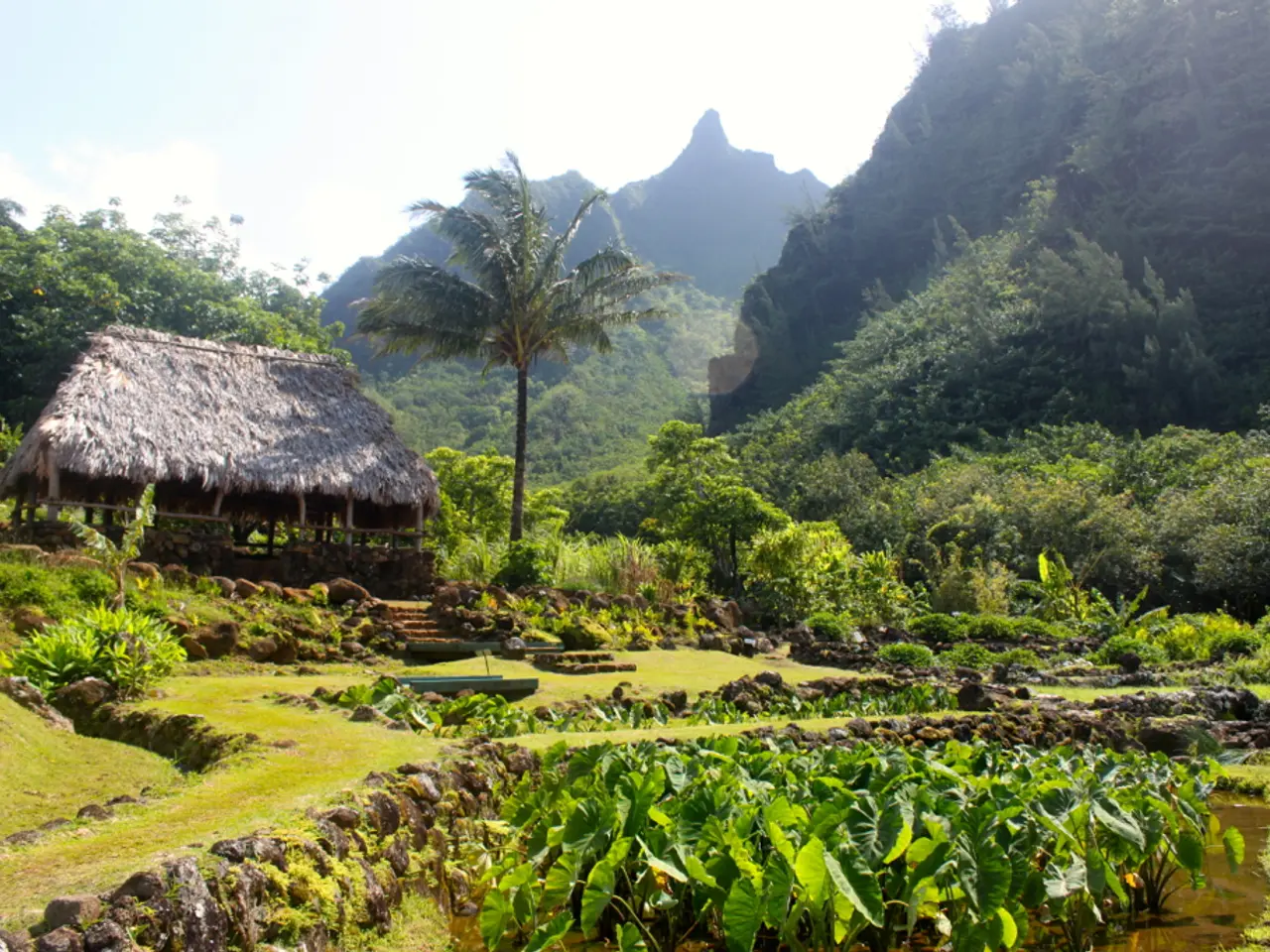Understanding Your Desire for Unease and Strategies for Relief
In the hustle and bustle of modern life, where everything is designed for comfort and convenience, a paradox emerges: something feels off. Human beings, it seems, are wired for real challenge, real stakes, and real aliveness. This concept, supported by modern science, is known as hormesis – where small doses of stress stimulate growth and strength.
Activities like cold-water immersion, intermittent fasting, and physical challenges can trigger hormetic responses, leading to improved physiological and psychological resilience. Discomfort isn't something to avoid, but to engage with, as it can enhance resilience and overall well-being. These challenges are designed to facilitate a reset, not to endure hardship for its own sake.
Intermittent fasting, for instance, is associated with improved memory, increased production of brain-derived neurotrophic factor (BDNF), and enhanced synaptic plasticity. Cold exposure, on the other hand, stimulates the vagus nerve, promoting parasympathetic nervous system activity, which helps the body relax and recover from stress.
The body's craving for discomfort is not something to fix or ignore, but a sign that it's ready for a challenge. The science behind the benefits of voluntary discomfort lies in its capacity to enhance emotional regulation, psychological flexibility, and resilience, which collectively contribute to well-being. Voluntary exposure to discomfort – such as controlled stress or physical challenge – trains the brain and body to better manage real-life stresses and negative emotions, thus strengthening resilience.
Practices involving controlled breathing during discomfort improve emotional control and the ability to suppress negative emotions. Research shows that psychological flexibility, the capacity to accept difficult feelings and persist toward meaningful goals despite adversity, is a key mediator between pain/stress and depression. Fostering psychological flexibility helps improve one’s resilience and overall mental health.
Survival experiences, such as the UK Weekend Adventure with Naomi Allsworth, are not just about "roughing it" but about clarity and healing. Participants voluntarily embrace physical and emotional discomfort in natural environments, simulating real survival stressors in a safe way. Such experiences build resilience by prompting cognitive reappraisal, enhancing emotional control, and boosting self-efficacy – the belief in one’s ability to manage difficult situations.
The UK Weekend with Naomi Allsworth at Desert Island Survival distills the survival experience into two intense, beautiful days, focusing on self-trust, teamwork, and presence. Challenges such as cold dips at dawn, fire-making from scratch, and sleeping outside with self-built shelter, remind us that human beings evolved to adapt, move, and engage with their environment. Too much predictability, padding, and processing can lead to losing that edge.
Hard experiences make one feel alive. Routines can shrink individuals over time, causing a sense of restlessness and a feeling of being numb. Embracing voluntary discomfort can help individuals develop stronger emotional regulation, psychological flexibility, and resilience, which translate into improved well-being and preparedness for life’s inevitable difficulties.
References:
[1] O'Hara, M. W. (2010). The neurobiology of stress: An overview of stress-induced adaptations in the brain. Journal of Neuroendocrinology, 22(11), 1015-1026.
[4] Hayes, S. C., Strosahl, K. D., & Wilson, K. G. (2011). Acceptance and commitment therapy: Model, processes, and outcomes. Guilford Publications.
- Embracing the challenge of survival experiences, like the UK Weekend Adventure with Naomi Allsworth, can offer clarity and healing beyond just "roughing it."
- Experiences that involve simulated survival stressors in natural environments, such as Naomi Allsworth's weekend survival event at Desert Island Survival, build resilience by prompting cognitive reappraisal and enhancing emotional control.
- The UK Weekend with Naomi Allsworth is more than just a two-day outdoor-living escapade; it's about self-trust, teamwork, and presence, reminding us of our human capacity for adaptation and engagement with nature.
- Engaging in activities that require controlled breathing during discomfort can improve emotional control, suppress negative emotions, and boost overall psychological resilience and mental health.
- Participants of survival experiences learn to better manage real-life stresses and negative emotions by strengthening their resilience, thanks to the enhancing effects of voluntary discomfort on emotional regulation, psychological flexibility, and self-efficacy.
- Hormesis, the concept of small doses of stress stimulating growth and strength, explains why practices such as cold-water immersion, intermittent fasting, and physical challenges lead to improved physiological and psychological resilience.
- In our modern lifestyle, designed around comfort and convenience, the human need for real challenge, adventure, and discomfort has emerged as a paradoxical yearning that can enhance overall well-being, contributing to emotional regulation, psychological flexibility, and resilience.




